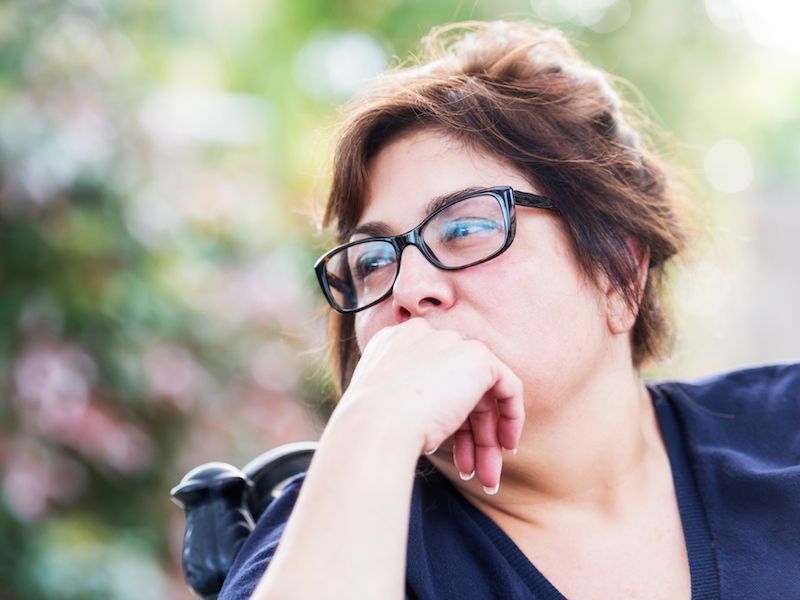
Studies indicate that you are twice as likely to have hearing loss if you have diabetes, according to the American Diabetes Association. If you are someone that associates hearing loss with getting old or noise damage, this may surprise you. In 2010, 1.9 million people were diagnosed with diabetes and almost 500,000 of them were below the age of 44. Some kind of hearing loss most likely impacts at least 250,000 of the younger people with this disease.
A person’s hearing can be impaired by quite a few diseases other than diabetes. Besides the apparent aspect of the aging process, what is the link between these illnesses and hearing loss? Give some thought to some conditions that can lead to hearing loss.
Diabetes
It is unclear why people with diabetes have a higher chance of hearing loss or even if diabetes is related to hearing loss, but the clinical research does point in that direction. People with prediabetes, a condition that implies they might develop type 2 diabetes, tend to lose their hearing 30 percent faster than those with normal blood sugar levels.
While there are some theories, researchers still don’t know why this happens. It is possible that high glucose levels might cause damage to the blood vessels that feed the inner ear. Diabetes is known to impact circulation, so that is a realistic assumption.
Meningitis
Loss of hearing is a symptom of this infectious disease. Because of infection, the membranes that cover the spine and brain become inflamed and that defines meningitis. Studies show that 30 percent of people who have this condition will also lose their hearing, either in part or in full. Among the American youth, this infection is the second leading cause of hearing loss.
Meningitis has the potential to damage the delicate nerves that allow the inner ear to send signals to the brain. The brain has no method to interpret sound without these signals.
Cardiovascular Disease
Cardiovascular disease is an umbrella term that covers ailments that impact the heart or blood vessels. Some common diseases in this category include:
- Peripheral artery disease
- Heart failure
- Stroke
- Atherosclerosis
- Heart attack
- High blood pressure
Age related hearing loss is normally linked to cardiovascular diseases. The inner ear is vulnerable to injury. When there is an alteration of the blood flow, it might not get the oxygen and nutrients it needs to thrive, and injury to the inner ear then leads to hearing loss.
Chronic Kidney Disease
A 2012 study published in The Laryngoscope found that people with this condition also had an increased risk of hearing loss. A separate study found that chance to be as high as 43 percent. It is possible that this relationship is a coincidence, though. There are lots of the same risk factors with kidney disease and other ailments associated with high blood pressure.
Toxins that collect in the blood due to kidney failure might also be the culprit, theoretically. The connection that the nerves have with the brain may be closed off due to damage to the ear by these toxins.
Dementia
The link between loss of hearing and dementia is a two-way street. A person’s risk of developing Alzheimer’s disease seems to be increased by cognitive deterioration. Brain shrinkage and atrophy are the causes of dementia. Trouble hearing can accelerate that process.
It also works the other way around. As damage to the brain increases a person who has dementia will have a decline in their hearing even though their hearing is normal.
Mumps
Mumps is a viral infection that can cause children to lose their hearing when they’re very young. Hearing loss may impact both ears or only one side. The reason for this is that the cochlea of the inner ear is damaged by the virus. Signals are sent to the brain by this portion of the ear. The positive thing is, due to vaccination mumps are fairly rare at present. Not everyone who gets the mumps will suffer from hearing loss.
Chronic Ear Infections
For most individuals, the occasional ear infection is not much of a risk because treatment gets rid of it. However, the small bones of the inner ear or the eardrum can take serious damage from constantly recurring ear infections. This kind of hearing loss is known as conductive, and it means that sound cannot reach the inner ear with enough energy, so no messages are transmitted to the brain. Sensorineural hearing loss or nerve damage can also be caused by infections.
Many of the diseases that can lead to hearing loss can be avoided by prevention. Throughout your life protecting your hearing will be achievable if you exercise regularly, get the right amount of sleep, and have a healthy diet. You should also get regular hearing exams to make sure your ears stay healthy.
